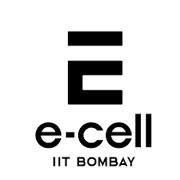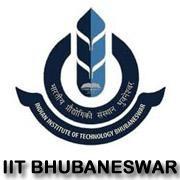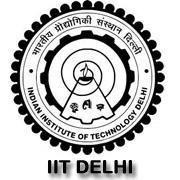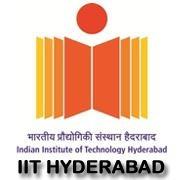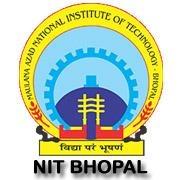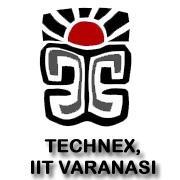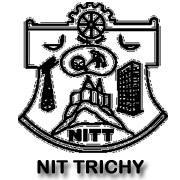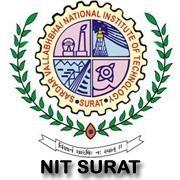



"If you think that the internet has changed your life, think again. The IoT is about to change it all over again!” - — Brendan O’Brien, Aria systems
When we talk about an Internet of Thing, it’s not just putting RFID tags on some dumb thing is. It’s about embedding intelligence so things become smarter & do more than they were proposed to do. Can you imagine a computing concept where everyday objects have network connectivity? Is it possible for ordinary devices to communicate among themselves?
Yes!! And the answer is ‘the Internet of Things’.
This Network of networks extracts and makes sense of data within machines. An estimated of 50 Billion wireless devices are to be connected to the internet in future. Interesting! Isn't it?
How beautiful it is when your door can update its Facebook Status every time some one opens it. A song starts playing when you tweet about it. A fire sensor that automatically send an E-Mail to the fire department. Keeping all the awesomeness in mind Innovians Technologies has introduced the Internet of things workshop to get you ready for the future.
You’ll learn the basic concepts and features of the Internet of Things and build projects utilizing the Arduino platform. You’ll discover fundamental concepts of cloud computing, sensor reading and connecting the Arduino to the Internet, wireless interfaces and controlling things with Android phones. You’ll also learn to use the most popular open platforms for managing sensor data from the Arduino, how to trigger actuators remotely, and how to read information on your Android Smart Phones.
Topics To Be Covered
Day 1
* Introduction to the Internet of Things
* The Arduino Platform
* Reading from Sensors
* Programming fundamentals ( C language )
* Arduino Programming & Interface of Sensors
Project 1: Simple LED Program for Arduino
Project 2: Integrating Sensors & Reading Environmental Physical Values.
Project 3: Reading Environmental Values on Android Smartphone.
Project 4: Creating Android App using MIT App Inventor & controlling arduino connected devices through App.
Project 5: Voice Controlled Mini Home Automation using Android Smartphone
Day 2
Project 6: Control Devices using Localhost Web Server for Home Automation.
Project 7: Being Social on Twitter & update status on Twitter through Arduino
Project 8: Send Voltage & Analog Data on Cloud Server.
Project 9: Use Arduino to Upload free data from Environmental Sensors to Cloud Server.
Project 10: Automatically update status on Twitter based on Sensor Data.
Project 11: Control Electronic Devices from anywhere across the world using Internet & Mobile App.
Day 3
* Introduction to the Internet of Things
* Understanding and Introduction to RPi
* OS Installation on SD Card
* OS Configuration
* Network Setup
* GPIO
* Pi using SSH
* Linux
* Using Python
Project 12: LED Program with Raspberry Pi
Project 13: Controlling LED with a Switch using Raspberry Pi.
Project 14: Integrating IR Sensor with Raspberry Pi.
Day 4
Project 15: Integrating Temperature & Humidity Sensor with Raspberry Pi read Current Enviornment Values.
Project 16: Reading Environmental Values on Android Smartphone.
Project 17: Control Devices using Localhost Web Server for Home Automation.
Project 18: Send Sensor Data on Cloud Server.
Project 19: Automatically Tweet Sensor Data on Twitter.
Project 20: Control Electronic Devices from anywhere across the world using Internet & Mobile App.
Day 5
Project 21: Sending Sensor Data to Cloud using Raspberry Pi.
Ø Introduction to MQTT & Communication protocol for IoT
Project 22: Installing server on Raspberry Pi.
Project 23: Connecting Arduino with Raspberry Pi Server.
Project 24: MQTT Publish from Arduino.
Project 25: MQTT Subscribe from Arduino.
Duration: The duration of this workshop will be five consecutive days, with 6-7 hours session per day
Certification Policy:
Eligibility: There are no prerequisites. Anyone interested, can join this workshop.
